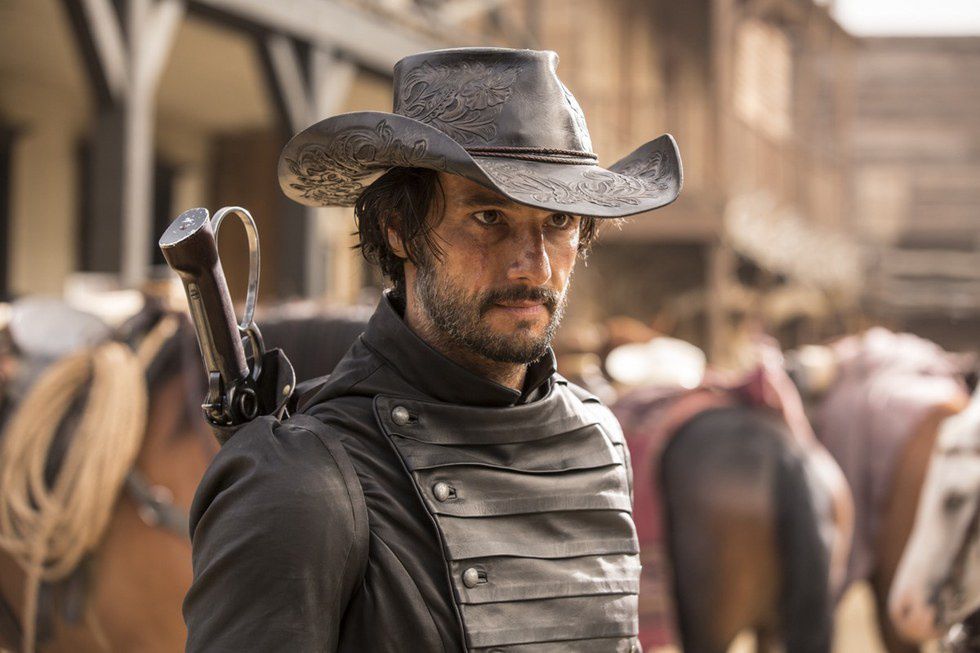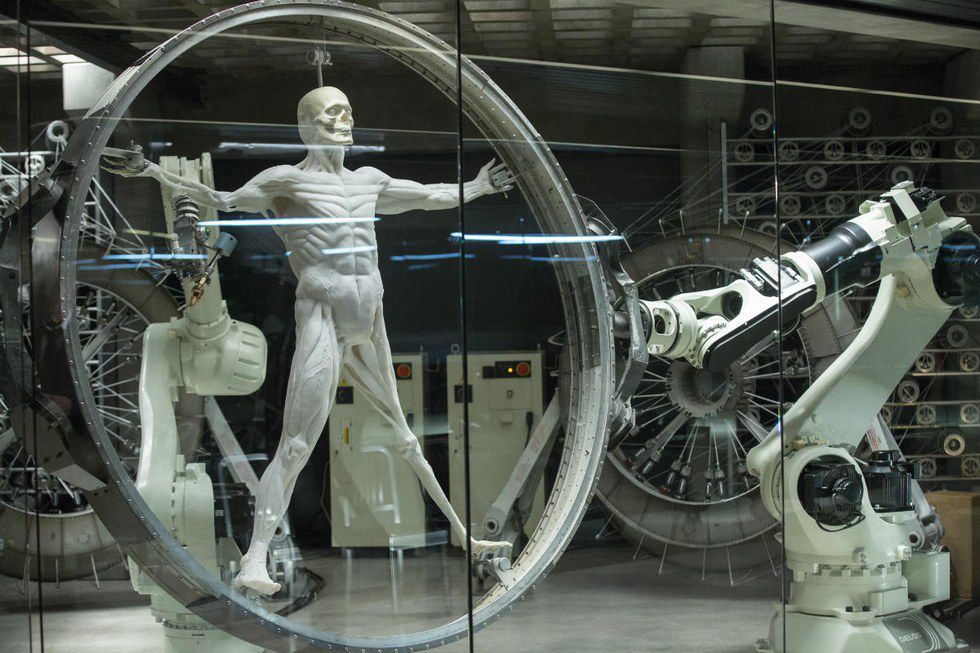Warning: This article contains spoilers for “Westworld." Proceed with caution.
HBO’s latest show "Westworld" is a surprisingly brilliant marriage of drastically different genres, challenging the viewer to soak in the physical, emotional beauty of a western while simultaneously incorporating the cold, inhuman implications of a sci-fi film where all of the physical beauty is actually artificial, painstakingly crafted by humans to create a lifelike situation for people to enjoy without lasting consequence.
"Westworld"’s premise is not new. Originally a 1973 film by the same name and the subject of a 1980 five-episode TV show titled "Beyond Westworld," the franchise revolves around a futuristic theme park called “Westworld” where rich guests can play out their fantasies of living in the Wild West during its prime. The residents of the park are robots (called “hosts”), programmed into a complex narrative that allows for real human visitors (called “guests”) to interact in whatever way they want, from a simple enjoyment of the landscape to playing the part of an outlaw to staggering through the local houses of pleasure.
The 2016 attempt at the franchise stands out from its predecessors, taking a delightful modern perspective twist to the story; instead of guests being caught in a theme park gone wrong (a la "Jurassic Park"), the hosts themselves play the main character roles. Unknowingly caught up in a world that repeats itself over and over again (a la "Groundhog Day"), the 3D printed hosts repeat their designed function day in and day out without complaint.
Things begin to change midway through the first episode, however, as the hosts begin to malfunction as a result of the latest software update, which has allowed them to retain certain memories from previous versions of their software builds. This glitch in their system manifests itself in the hosts having multiple personalities, inhuman physical movements, and perceived (or is it?) self-awareness.
The emotional buy-in to the hosts is perhaps the most interesting phenomenon of the show. The characters portrayed as the protagonist may look emotional and human, but the fact remains that they are not. In "Westworld," the hosts are simply robots, mechanical beings being propelled forward by logical instructions dictated to them by a programmer. In function, they are truly nothing more than incredibly complex wind-up toys…and yet, it’s the story of these wind-up toys that the viewer becomes vested in. The human guests of the theme park actually seem to be a bit of a nuisance to the viewer, bumbling through whorehouses and killing off the main character hosts before their narrative arcs can be realized.
The uncomfortable questions of AI capability, power and sentience will undoubtedly be a key theme of "Westworld" in future episodes, as well as questions of morality regarding the creation a theme park that enables humans to play out fantasies of rape and murder, similar arguments that have been made in cases regarding the ethics of violent video games.
"Westworld" episodes play on Sunday nights at 6:00 PM Pacific only on HBO.







 Photo by
Photo by  Photo by
Photo by  Photo by
Photo by 



















